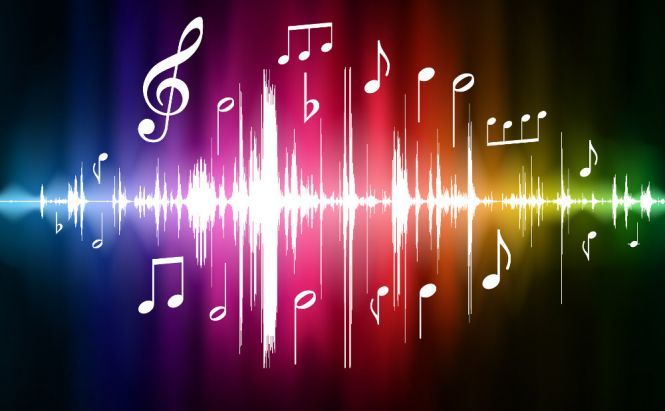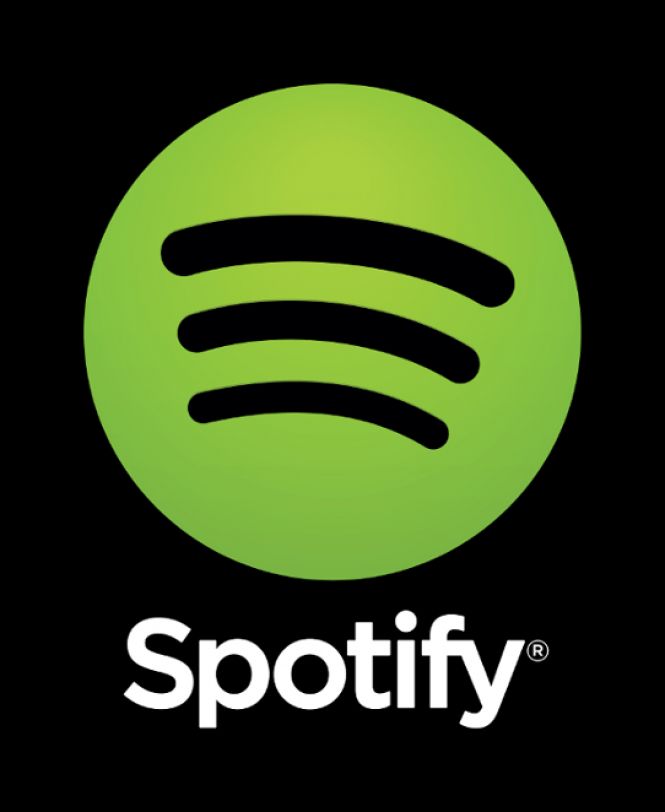 A Closer Look at Modern Music Streaming
A Closer Look at Modern Music Streaming
As we all know, piracy is bad. Legal distributors, however, have never been the ones to acknowledge that piracy was caused by the lack of access. So, it makes me very happy to see that the Internet has finally been able to provide means for legal sales and acquisitions of media products. Videos and books aside, music has always been the object of most Internet-related piracy scandals. But now the pirates have been dealt a fatal blow: several large online streaming and distribution services are operational and even competitive. Now you don't need to search for a low-quality mp3, you can just get a proper file from a vast legal library for a very small amount of money.
But not everything is that easy. What are those services and how do they work? Let's try and find out.
Apple Music
We start with the newest addition to the playfield. Apple's youngest child, its own music streaming service, has been released only recently, but has all the chances to take its cut of the market.
What does a streaming service actually do? Well, it lets a user register in it and get acces to a library of legally distributed content said user can buy and listen to at his or her leisure. It also contains descriptions, recommendations, other social elements that exist 'around' the music itself. So, a streaming service is an instrument for searching, enjoying and sharing music. The access is subscription-based, everything is commercialized, so you will not be busted for listening to music on the Internet. It's comfortable, legal and easy to use.
Apple pays most attention to the last feature of streaming — easiness of use. Its products have always been all about simplicity. Apple Music is no exception. It has the simplest interface, guides you through registration and selection of subscription options, helps with navigation. If you have just been introduced to the concept of streaming, it's a perfect tool for you. No additional applications to install, instantaneous access to the compositions without jumping through rerouting hoops, and the subscription is generous with 90-day trial on day one.
However, here's where things go downhill. Despite the focus on comfort, Apple dropped the ball on the technical side. Setting Apple Music up is a pain, and it loads with the speed of a turtle on sedatives. This is not helped by the fact that, despite holding your hand the entire time, it doesn't say where to put it when you need something specific. Some aspects of the service downright confuse me at times, like I'm a beta tester, not a client.
Also, the social features of streaming are surprisingly lacking. No advanced commenting, sharing or connecting, just the bare-bones services and features that seem like they come straight out of two years ago.
Still, Apple Music is probably the best option for those who are just starting to use music streaming. Technical shortcomings can be overcome easily, and minimalist social element is always a thing to be expanded, but comfort and availability can never be patched or rewired.
Spotify
Now here's a heavy hitter. Swedish service Spotify has been around since 2008 and deals with serious companies like Sony, Warner, EMI and others. The corporations gladly jumped at the chance to find a new way of selling their goods. Now Spotify has over a dozen million subscribers.
The service functions both online and as an application on all platforms imaginable. It has been evolving over the years, getting new plug-ins, more social functions and additional apps to make streaming easier and more interesting. It's a lot more stable than the current version of Apple Music and is constantly updated and fixed, should problems appear.Is it any good? Well, yes. It's one of the original streamers of such massive scale. It basically sets up standards. Spotify requires creating an account and choosing subscription, paid or free with different access and features. The service lets you track and search for specific labels, keep an eye on updates from your favorite performers or contact other subscribers and socialize. It has advanced search mechanics helping you find what you are looking for even if you don't know the name of that band playing that song you heard on the radio. Spotify does all it can to lure you in.
However, the disadvantages of this service begin not with platform compatibility or lack of functions, but with regional access. Subscription and availability are territory-based, so there might be a chance that Spotify is simply unavailable in your country. Of course, the creators are working hard to expand their influence, but the process will take some time.
Also, a user should pay attention to subscription. If you don't get a paid one, you will only have 6 months of full functionality. After that, you will need to pay or be limited to 10 hours of streaming per month. In some regions, additional specific limits exist, like the 5-time access restriction for single tracks in Britain.
What's most annoying here is that, in addition to limiting your access, the free version of Spotify riddles its interface with ads that are unblockable. Only if you buy a subscription does it get rid of them. Such a shameless combination can turn many users away — no one likes to be strong-handed into paying for a product.
However, despite its corporate monetizing policy, Spotify is a big, useful and rather simple service, good for both newcomers and experienced music fans who want their streamed music to be on hand.
Tidal
Finally, we look at the contender in the trio who thinks he has the best pedigree.
Tidal is a streaming service launched in 2014 and dealing with bothmajor labels and smaller indie ones. It has a vast library of music compositions for streaming and is competent enough to use, with a satisfactory pack of features. But its main advantage over competition is that it offers high-definition media. Lossless sound and HD music videos are available to those users who have the necessary equipment to watch or listen to them.
This is where the hail of criticism begins. Despite offering Hi-Fi audio, Tidal creators don't seem to take into account that most streamers don't have the expensive headphones to distinguish between standard format and lossless. But why would one need streaming if it restricts his/her ability to enjoy the music he or she pays for? This immediately turns away a large percent of potential customers.
The situation is aggravated by the overall corporate feel of the service. It has no free subscription, and no plans for it are known. Right away it tells you that it wants your money. Yet we should somehow feel good about Tidal paying the highest royalties to the musicians themselves — a result of Tidal being owned by the famous musician Jay Z's company. This approach is very disrespectful to users, creating a feeling of greed and cynicism.
The only reason I see for using Tidal is that you are a supporter of musicians trying to get their fair share of profits from their music or you can afford Hi-Fi hardware and want to use lossless streaming. Otherwise, there really is nothing special about Tidal.
Conclusion
There are, of course, other streaming platforms, such as Pandora, Napster, SoundCloud and many others. But I believe that the three examples I provided are the ones to define the future of online music streaming. My opinion is supported by the current state of affairs in the streaming world. Three elements are at play: comfort, functionality and quality. Each of the three services has one, but lacks something when it comes to the others. Maybe they will grow and upgrade themselves, maybe they will be replaced by some of the above-mentioned alternatives. What we must remember is that the future will, as always, be defined by us.






